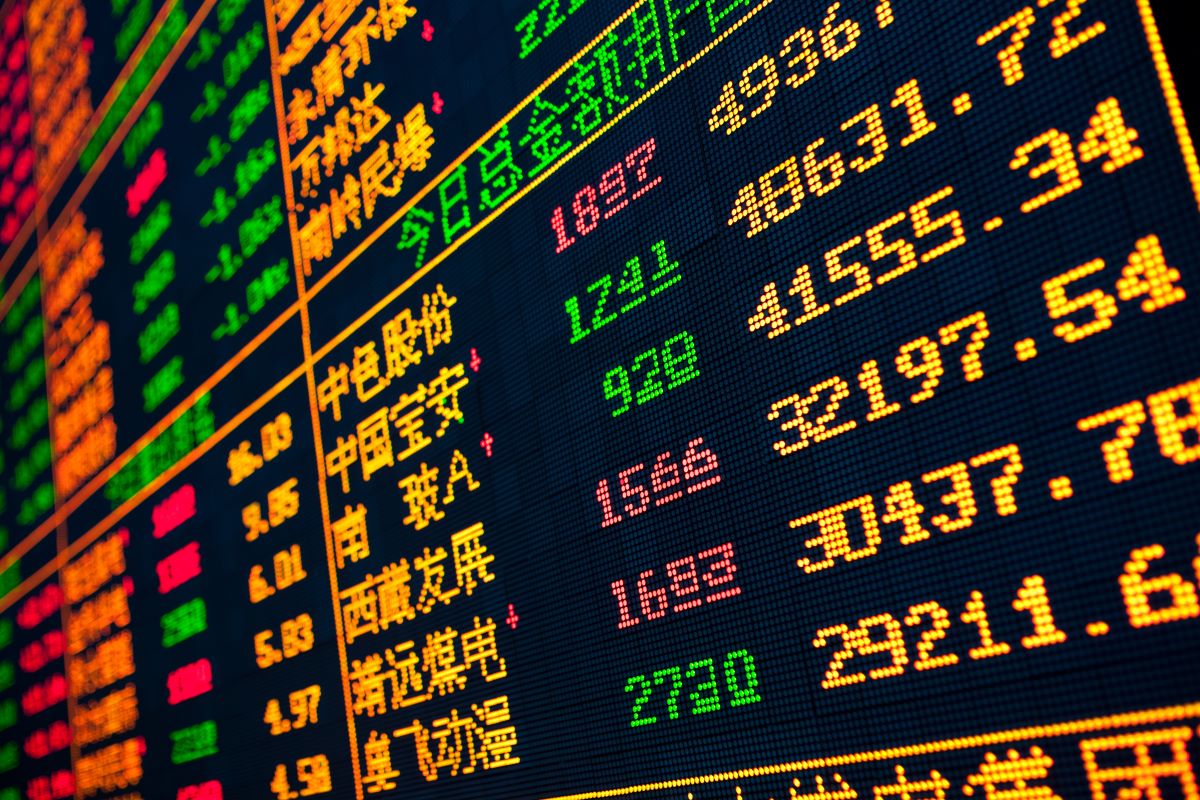Beijing’s zero-Covid policy, the property crisis, and the recent consolidation of power by President Xi Jinping have reduced the appeal of Chinese assets to foreign investors. An estimate by the Institute of International Finance (IIF) found that China outflows from stocks and bonds amounted to $8.8 bn during the month of October.
Chinese financial markets have consistently seen foreign fund outflows over the past few months, with October becoming the ninth straight month when foreign investor holdings in China bonds have declined.
The extent of China outflows
The IIF says that Chinese bond markets saw total outflows of over $105 bn in the past nine months, whereas Chinese equities have lost nearly $7.6 bn in October alone, the highest figure since March 2022.
For September, foreign fund outflows from China bonds stood at $1.4 bn as per IIF data, whereas official data from the China Central Depository and Clearing estimated total foreign fund outflows of $83.4 bn in the seven months till August.
“While uncertainty remains over China’s macro environment and policymaking, there will be tactical opportunities in China’s onshore and offshore bond markets for active managers,” said Janet Lu, Head of Fixed Income, China at Eastspring Investments. “We expect China’s monetary policy to remain loose, although we believe that the odds of another policy rate cut this year have fallen.”
As per IFF estimates, the $8.8 bn China outflows are broken down into $7.6 bn being pulled out of equities and the rest of $1.2 bn being pulled out of bond markets.
“The shift to outflows in 2022 is notable and reflects lots of discussions in the asset management community,” writes Jonathan Fortun, an economist at IIF. “This shift reflects geopolitical concerns and anxiety that the government’s zero Covid policy could weigh on China in the medium term.”
The Stock Connect scheme, which allows foreign investors to trade in mainland securities, has seen foreigners selling over $734 m worth of mainland shares in the first ten days of November, as per Refinitiv data.
The IIF says that capital outflows from China have accelerated since Russia’s invasion of Ukraine. While this was initially considered a short-term phenomenon, it now looks like financial market stakeholders are looking at China in a new light.
October was the worst month for Chinese markets since February 2019, as the CSI 300 lost 7.78% during the previous month, slipping for the fourth consecutive month.
Considered the world’s factory, China saw its exports decline for the first time in October since May 2020. This comes even as the yuan has weakened over 10% against the dollar in the past year.
However, Chinese markets got some reprieve on November 11 after authorities eased some Covid-19 restrictions, lifting investor appetite. Chinese stocks in Hong Kong were up 6%, while the Nasdaq Golden Dragon Index jumped as much as 5.7% on November 11.
Earlier in November, Goldman Sachs said that a complete reopening of China will push equities 20% higher. Goldman economists were expecting China to start relaxing zero-Covid rules in the second quarter of 2023.
While the easing of Covid-19 curbs comes as a welcome move, macro-economic pressures are still persistent in China which is trying to find a growth footing after the unravelling of the real estate sector.










 Australia
Australia China
China India
India Indonesia
Indonesia Japan
Japan Malaysia
Malaysia Philippines
Philippines Singapore
Singapore South Korea
South Korea Taiwan
Taiwan Thailand
Thailand Vietnam
Vietnam
 Germany
Germany Hong Kong
Hong Kong USA
USA Switzerland
Switzerland Singapore
Singapore
 United Kingdom
United Kingdom Other / International
Other / International








